Latest News!
In the Echeverri Lab we love biodiversity and celebrate all forms of diversity in ecosystems and humanity.

We use ecological science, psychological principles, technological innovation, and partnerships with local communities, national governments, development banks, and other academics to answer applied questions about the interactions between people and wildlife.

We believe that with good science and evidence-based policies, we can have a better world for people and for many other species with whom we share our planet.
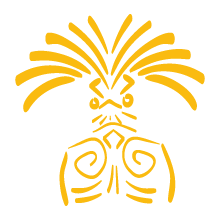
We partner with Indigenous peoples and local communities, with private sector companies, and with municipal and national governments to codevelop research questions and guide policy
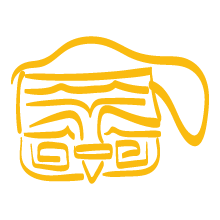
We are deeply committed to doing place-based work that often requires intense field seasons where we coproduce knowledge with local communities
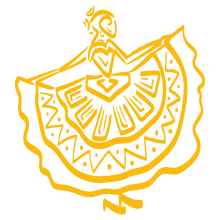
We use quantitative, spatial, and community-engaged methods to understand conservation issues and propose practical solutions
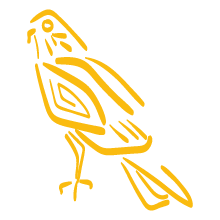
We mostly draw on community ecology, conservation and social psychology, policy analysis, and ethnozoology to answer our applied research questions
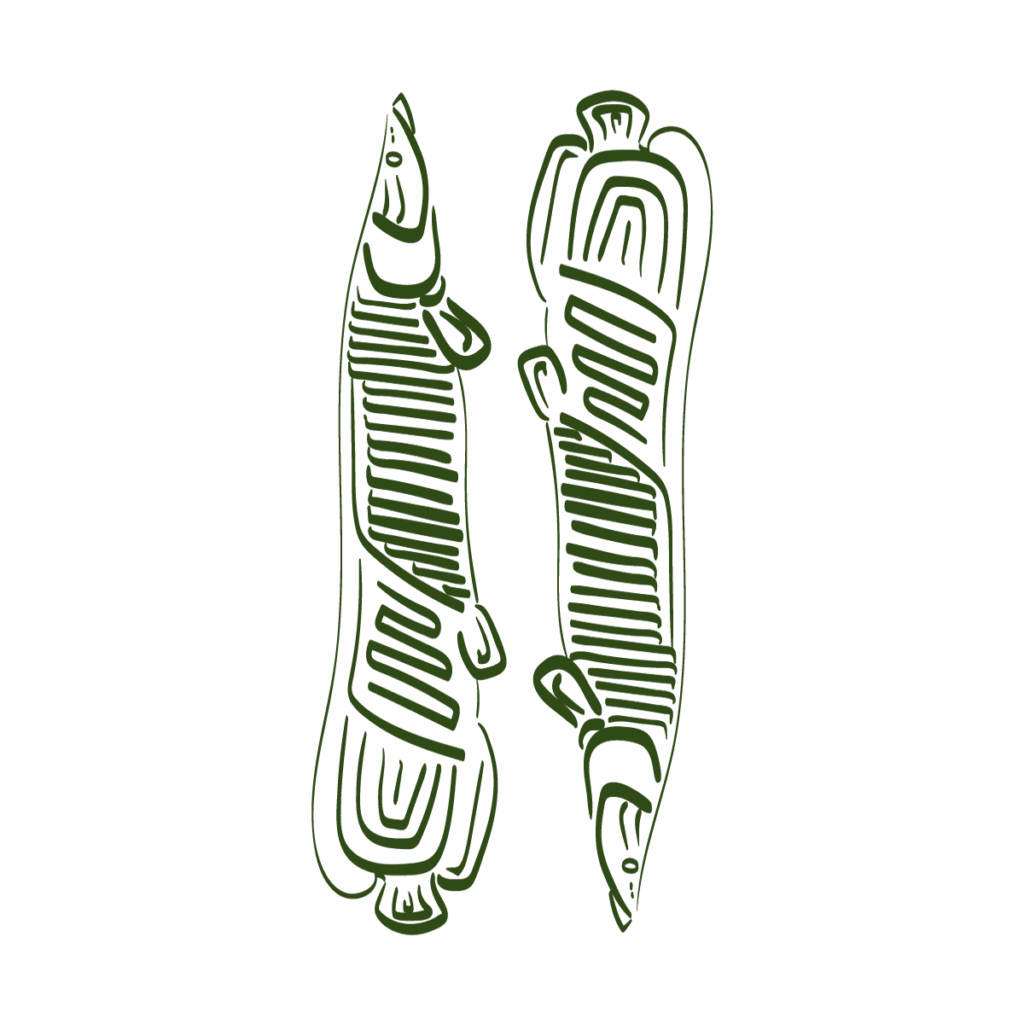
We recognize that UC Berkeley sits in the territory of xučyun (Huichin (Hoo-Choon)), the ancestral and unceded land of the Chochenyo (Cho-chen-yo) speaking Ohlone people. This land was and continues to be of great importance to the Muwekma (Muh-wek-muh) Ohlone Tribe and other familial descendants of the Verona Band. As members of the Berkeley community, we recognize the history of the land on which we stand, and the Muwekma Ohlone people who are alive and flourishing members of the Berkeley and broader Bay Area communities today.
We further acknowledge that UC Berkeley is a land grant institution that was founded in 1868 on stolen Indigenous land. Learn about the history of land-grab universities and, more specifically, the founding of the University of California and efforts to motivate UC to take action regarding accountability to Indigenous peoples of California in a recent report “The University of California Land Grab: A Legacy of Profit from Indigenous Land—A Report of Key Learnings and Recommendations.” Learn more about xučyun (Huichin), the home territory of the Chochenyo speaking Ohlone people here.
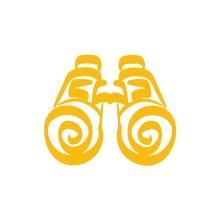






Echeverri Lab: Conserving Wildlife and Human Cultures
Mulford Hall #130
Berkeley, CA, 94709